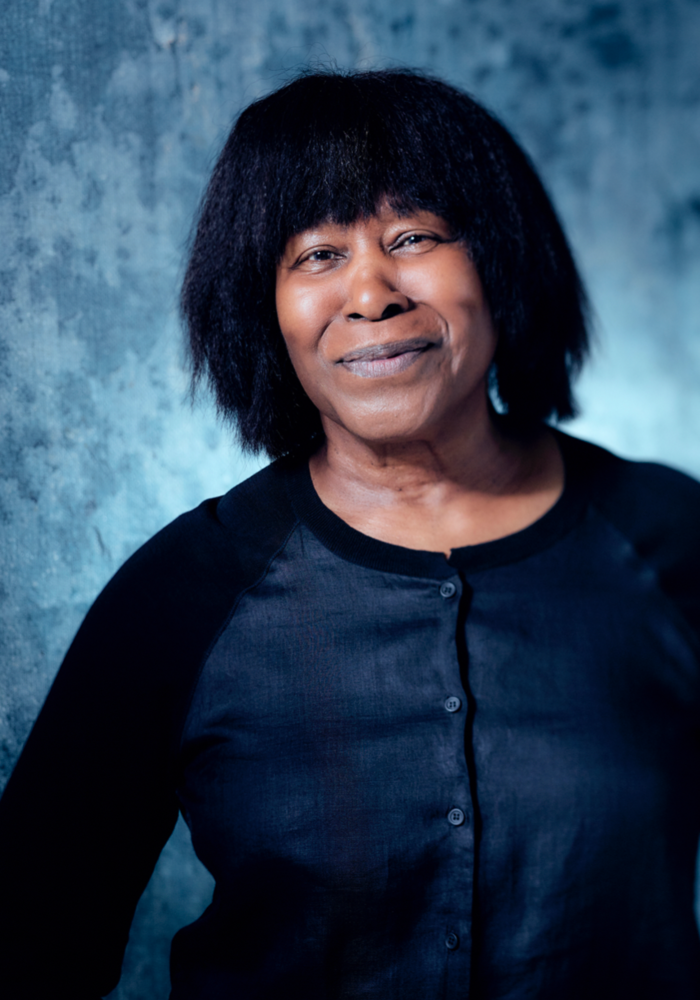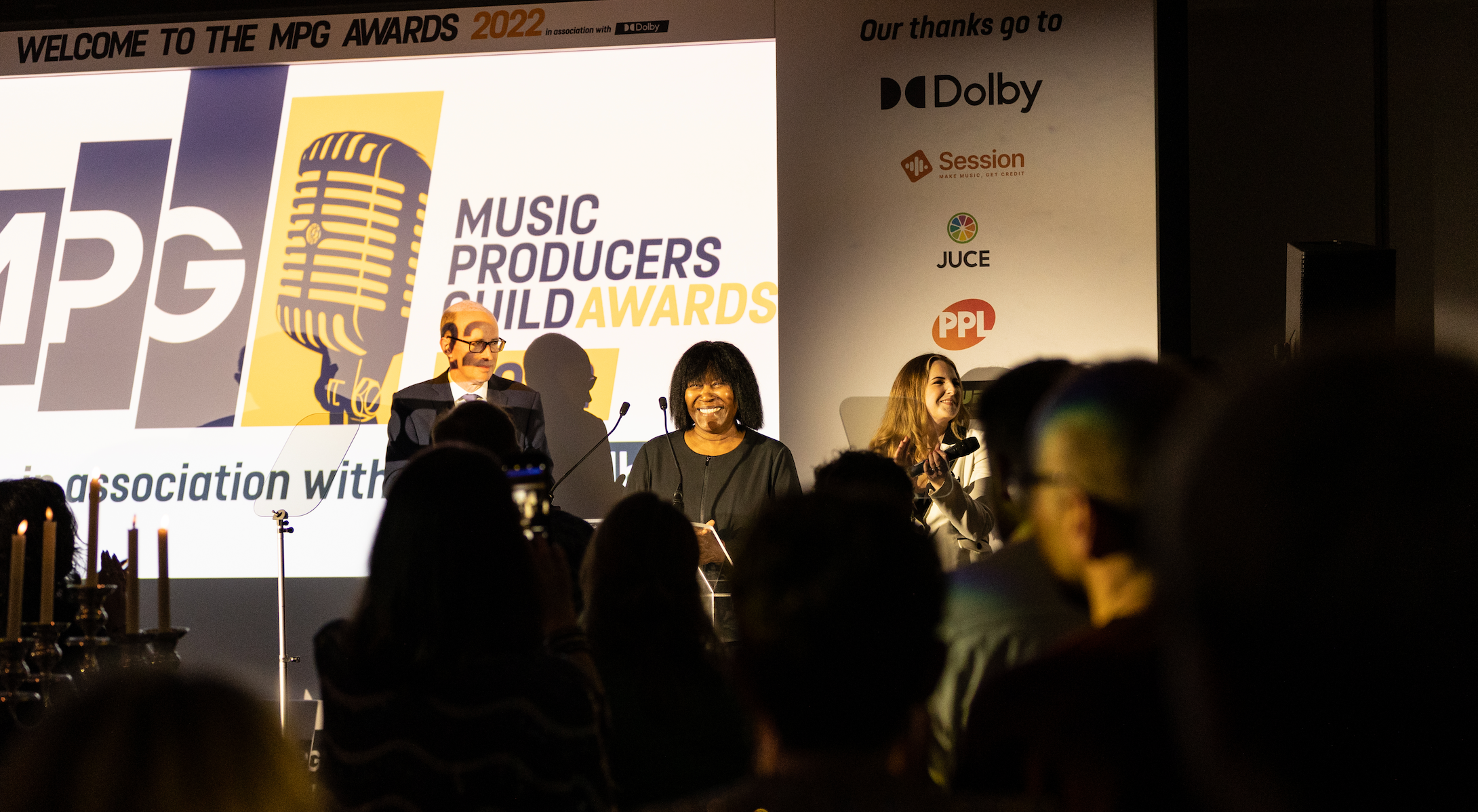Last month, Joan Armatrading received the 2022 MPG Award for Outstanding Contribution to UK Music, as the industry came together to recognise her influence upon songwriters the world over. Headliner caught up with her to reflect on how she came to be one of the most revered songwriters of the past 50 years and how it feels to be gaining such accolades half a century on from when she first got started…
In virtually any creative, artistic or athletic endeavour, there are certain individuals who appear simply to have been born with a natural gift for their chosen discipline. In comedy, there are those with ‘funny bones’, who can seemingly conjure laughs out of thin air. In sport, whether it's Lionel Messi, Tiger Woods or Serena Williams, there are figures with an innate style and skill that transcends anything that can be taught by even the most talented coaches. In music, Joan Armatrading is one such exponent.
For more than half a century, her extraordinary, ever-expanding catalogue has influenced and inspired artists all over the world. Like all great songwriters, her finest work feels at once entirely unique and instantly familiar, blending the personal and the universal with deceptive simplicity. It can feel deceptively effortless, which perhaps isn’t surprising, given how naturally music came to Armatrading as a child.
“Before I even started writing songs I used to make up jokes and write funny little stories and limericks,” Armatrading says as Headliner joins her over Zoom. “But when my mum bought a piano – just because she thought it was a nice piece of furniture – I started making up tunes as soon as it arrived. It was obviously in me. Nobody showed me how to play it; it arrived, I opened the lid and I just started making up songs. I was born to write. I’ve never struggled to write, I’ve never had writers’ block. I can always write a song, whether it’s always a great song is something else [she laughs] but I can always write one. I almost can’t take any credit for what I do because I’ve done nothing for it, I was just born with it.”
Crucial to the development of Armatrading’s distinct songwriting style was the fact that there was rarely other people’s music playing in the house. As such, she was working from a blank canvas, largely untouched by outside influence.
“I never played other people’s things, I just started with my own stuff,” she explains. “I wasn’t into being a fan of people when I was younger, and I wasn’t buying records. It was just me expressing myself. That’s not to say I don’t appreciate other people’s talents or that I think I’m ‘it’. You look at guitar players like Muddy Waters, Jimmy Page or Stevie Ray Vaughan, and people like Amy Winehouse… I love The Killers, Post Malone, and Justin Bieber. I thought Whitney Houston was ‘the voice’. There are so many people I think are seriously good, and I just want to be seriously good at what I do.”
Which begs the question, when did she first discover she might be ‘seriously good’?
“This isn’t supposed to sound big-headed, but as soon as I started writing I knew I was good at it,” she states. “I don’t care if anybody else thinks I’m good at it, but I thought I was good at it, and it was something I wanted to get better at. When I started, I was incredibly shy. I was probably the shyest person I knew, but if I was to demonstrate a song or talk about my music, then I’d be the most confident person. Thinking you’re good at something is what helps you to be good.”




